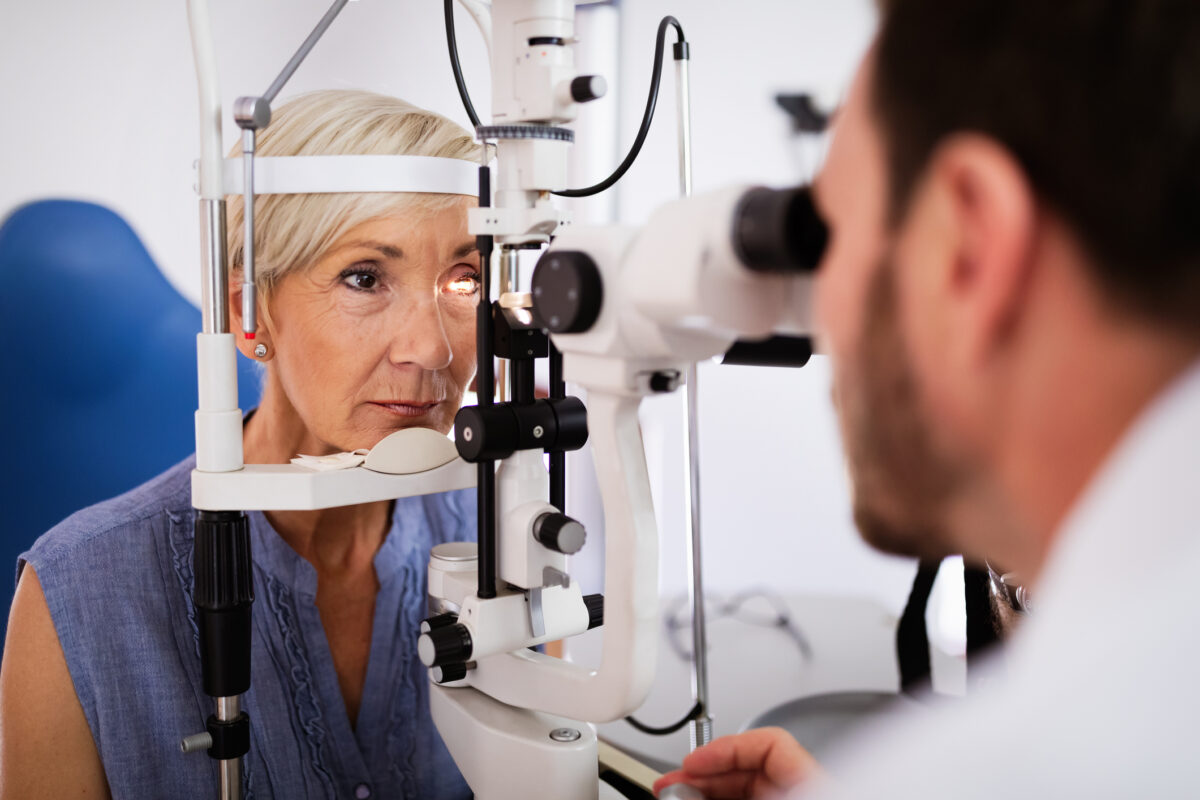Over the past few years, celebrities and others have amplified the idea that men’s health isn’t just about eating well, visiting your doctor for check-ups and exercising. It’s also about taking your mental health seriously. It’s about having difficult conversations and creating an atmosphere of support.
Mental health challenges happen to everyone, including men. In fact, according to the National Institutes of Health, 6 million men experience depression each year.
This is a time to spread the message that it’s okay to not be okay. There is no guilt or shame in getting the care you need. Sharing your struggle not only benefits you, but those you love as well as your community.
What To Know About Men’s Mental Health
Many people assume that women experience more mental health challenges than men, but that is not the case. According to the American Journal of Men’s Health, mental health conditions are prevalent at similar rates among men and women. However, male mental health has not been adequately researched and clinicians tend to overlook signs of stress in males.
What Are Signs of Mental Health Conditions in Men?
Every man (and every person) is different when it comes to how mental health struggles are experienced, but there are some trends to take note of. For example, while men and women experience depression, men are more likely to have symptoms like aggression and anger, whereas women are more likely to experience sadness or hopelessness.
Other common signs of mental health struggles in men include:
- Mood changes
- Changes in appetite
- Sleep disturbances
- Inability to concentrate
- Drug or alcohol abuse
- Feeling emotionally “numb”
- Reckless behavior
- Thoughts of suicide
Men’s Mental Health: A Silent Crisis
Battling depression can be difficult, especially if you’re hesitant to share or even acknowledge how you are feeling. Unfortunately, once you push a difficult feeling aside, it tends to grow. Emotions, like problems, don’t just go away when you ignore them.
Men Are Less Likely to Seek Help for Mental Health
As reported by Mental Health America, it’s common for men to experience mental health challenges. Despite this, men were less likely than women to receive help for mental health conditions this past year, according to the National Institute of Mental Health.
As the National Alliance On Mental Illness (NAMI) reports, this is one reason why men are 3.5 times as likely as women to die by suicide. “Depression can be hard to talk about — so hard that a lot of men end up silently struggling for years, only to reach out when they’ve hit rock bottom,” explained writer Joshua R. Beharry in a post for NAMI.
Even if you are feeling hopeless, there is hope. If you are experiencing suicidal thoughts, call the 988 Suicide & Crisis Lifeline by dialing 988. You can also visit NAMI.org or call the NAMI HelpLine at 800-950-NAMI (6264). Reach out for yourself, and reach out for your loved ones, family and friends.
How Covid-19 Exacerbated Mental Health Challenges for Men
If you have found the coronavirus pandemic particularly difficult on your mental health, you are not alone. Heightened stress and uncertainty increased mental health challenges for most of us, and men are no exception.
The pandemic has impacted men’s mental health in specific ways as well. For example, in a Cleveland Clinic survey of adult men published in September 2020, 77% of men experienced increased stress during the pandemic and 59% felt more isolated. Sadly, as is often the case when it comes to men and mental health, 66% of men reported rarely sharing their feelings about how the pandemic has affected their mental health.
How To Break The Silence: Getting Help
Your feelings matter and sharing them can be therapeutic for you as well as your loved ones. It can be helpful to understand that you are not alone if you are struggling. Even if your friends and family members aren’t talking about it, doesn’t mean they too aren’t experiencing it.
How to Know When It’s Time to Get Help
Reaching out to a therapist or counselor is a great idea if you’re experiencing increased mental health challenges. Still, many of us are unsure whether what we are experiencing emotionally is a signal that we require mental health support.
It’s important to understand that you can talk to a therapist whether you are in the middle of a crisis or not. Therapy can be used preventatively as well, to sort out your everyday thoughts and feelings. We all need to talk sometimes. And by establishing a working relationship with a therapist, you’ll know exactly who to call when you’re up against a challenge.
That said, there are some signs that indicate you may be experiencing a mental health condition and could benefit from support.
Here are some of the signs to look out for, according to NAMI:
- Overwhelming worry or fear
- Feeling extremely sad
- Having difficulty concentrating
- Experiencing intense mood swings
- Increased anger and irritability
- No longer wanting to socialize and/or not wanting to see your friends
- Changes in eating and sleeping habits
- Fluctuations in sex drive
- Experiencing delusions or hallucinations
- Overusing drugs or alcohol
- Headaches, stomachaches, body aches without medical causes
- Thoughts of suicide
- Having difficulty carrying out everyday tasks
Where to Go From Here
Mental health challenges can impact every aspect of your life. You should know there are always resources available if you need support. Knowledge is power and understanding that mental health conditions among men are common and normal may help you feel empowered to seek counseling or open up to your spouse or other loved ones about your struggles. There are solutions to be found and you are worth it.
Share this story with others and help #fightstigma
This informational material shall not be considered medical or health advice. You should always consult your health care provider before changing your diet or starting a new exercise regimen. The Hartford assumes no responsibility for any decisions related to your medical or health care. Consult with your health care provider, nutritionist, or other health professional before making any decisions that may impact your health and well-being.






